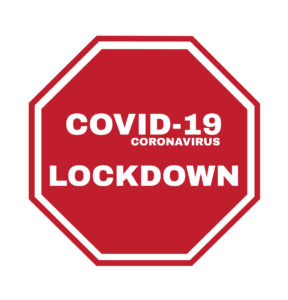 I have already fought for many clients involved in coronavirus pandemic parenting time disputes. Those disputes are emotional. There are three important documents to keep in mind:
I have already fought for many clients involved in coronavirus pandemic parenting time disputes. Those disputes are emotional. There are three important documents to keep in mind:
- New Jersey Statute 9:2-4 provides that it is the public policy of New Jersey for children to have “frequent and continuing contact” with both parents in separation and divorce situations.
- Court Orders as to parenting time are valid and enforceable, even during a pandemic.
- Governor Murphy’s Executive Order 107, which generally requires most people to stay at home, specifically exempts “visiting family members as a caretaker”.
I will not let a parent use the coronavirus to deny my client his or her court-ordered time with a child.
That said, both parents must comply with the Governor’s ordered precautions (e.g., social distancing, hand-washing) while he or she has care of a child. Do not give the other parent an excuse to withhold the child (e.g., Facebook post of parent and child at a crowded gathering).
When one parent is ultra-cautious, and the other less so, I work to try to find a fair and reasonable middle ground, as in any other dispute.
There are economic coronavirus disputes as well, e.g., payment of child support and/or alimony when the payor has been laid off or furloughed and dividing the stimulus checks for the child.
Contact me for help.



 When New Jersey courts consider custody, visitation, and child support matters, including issues like parental relocation and college education funding, the standard that takes priority is referred to as the “best interests of the child.” How do the courts apply this standard to identify what constitutes a minor child’s “best interests”?
When New Jersey courts consider custody, visitation, and child support matters, including issues like parental relocation and college education funding, the standard that takes priority is referred to as the “best interests of the child.” How do the courts apply this standard to identify what constitutes a minor child’s “best interests”?  My legal secretary Dorie and I continue to work from my office. However, in an effort to protect clients and us, the office is locked.
My legal secretary Dorie and I continue to work from my office. However, in an effort to protect clients and us, the office is locked. A spouse in New Jersey (male or female) still has a right to seek spousal support (alimony) during and after a
A spouse in New Jersey (male or female) still has a right to seek spousal support (alimony) during and after a  In the state of New Jersey, by law, both parents of a minor child are required to provide financial support for that child in the event of a
In the state of New Jersey, by law, both parents of a minor child are required to provide financial support for that child in the event of a  In a divorce proceeding, particularly when there are substantial marital debts and assets, one of the most challenging tasks to be completed is the determination of who receives certain property and how the debt is allocated. There are generally two approaches to the division of marital property—equitable distribution and community property laws. New Jersey follows the legal principle of equitable distribution.
In a divorce proceeding, particularly when there are substantial marital debts and assets, one of the most challenging tasks to be completed is the determination of who receives certain property and how the debt is allocated. There are generally two approaches to the division of marital property—equitable distribution and community property laws. New Jersey follows the legal principle of equitable distribution.
